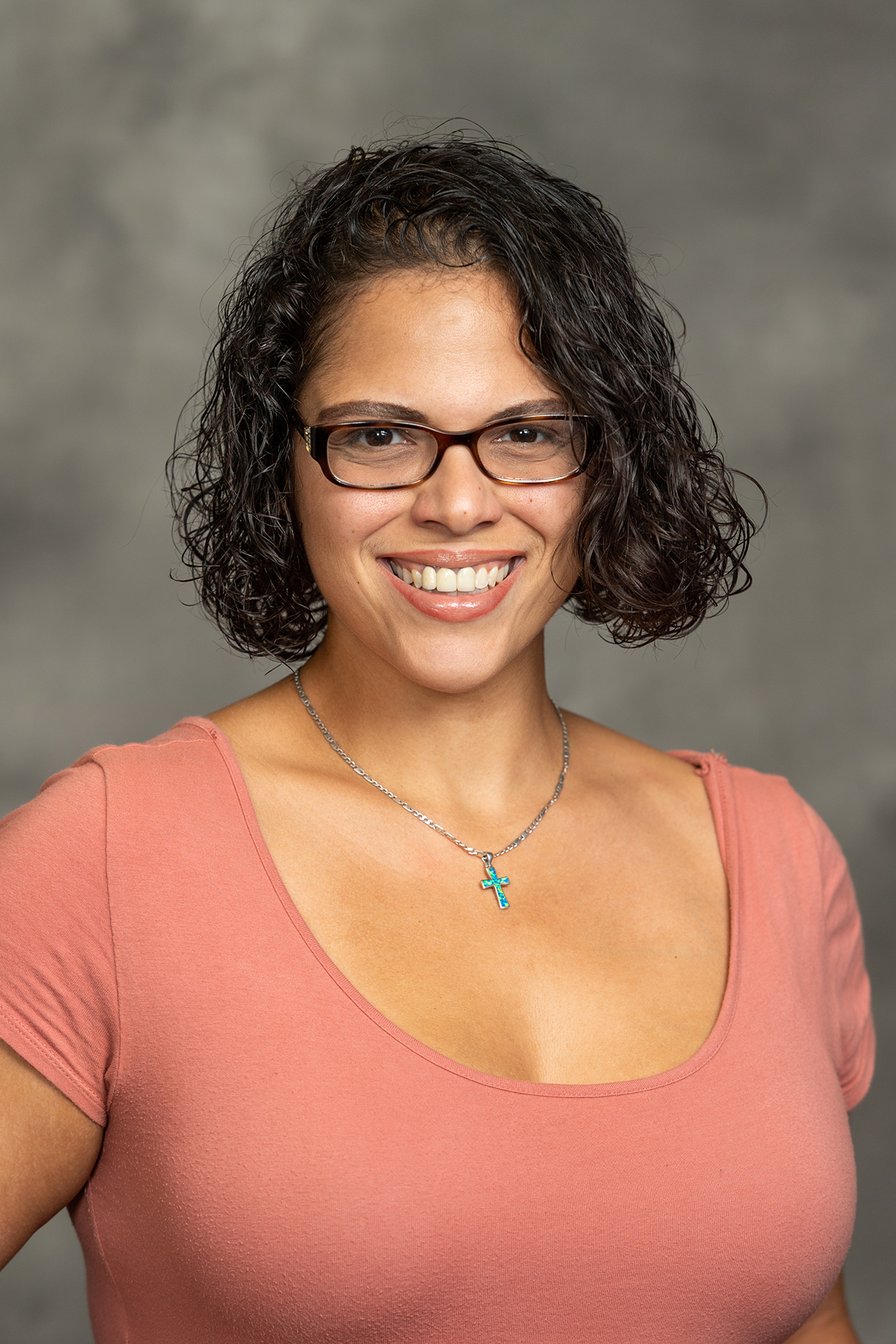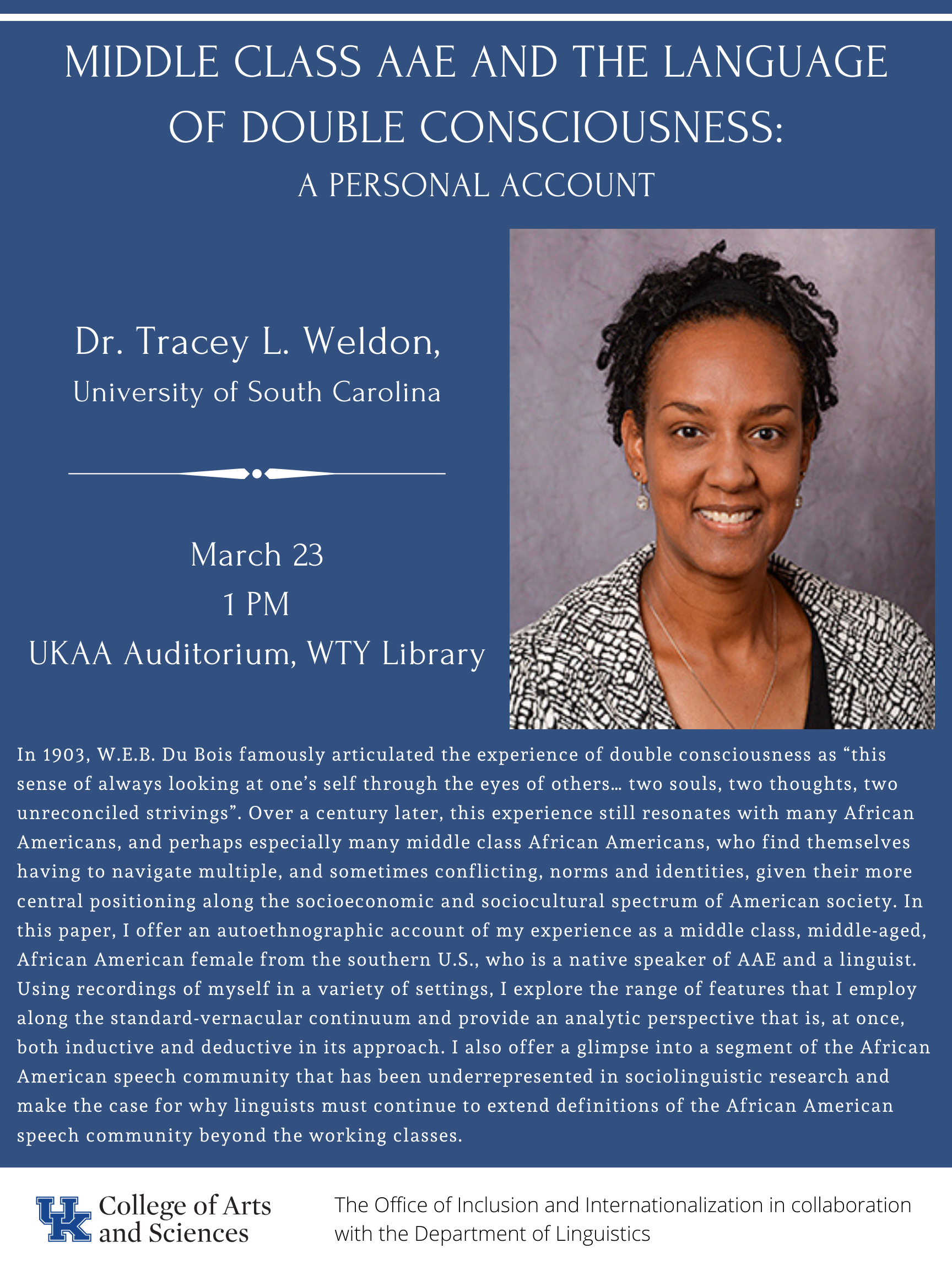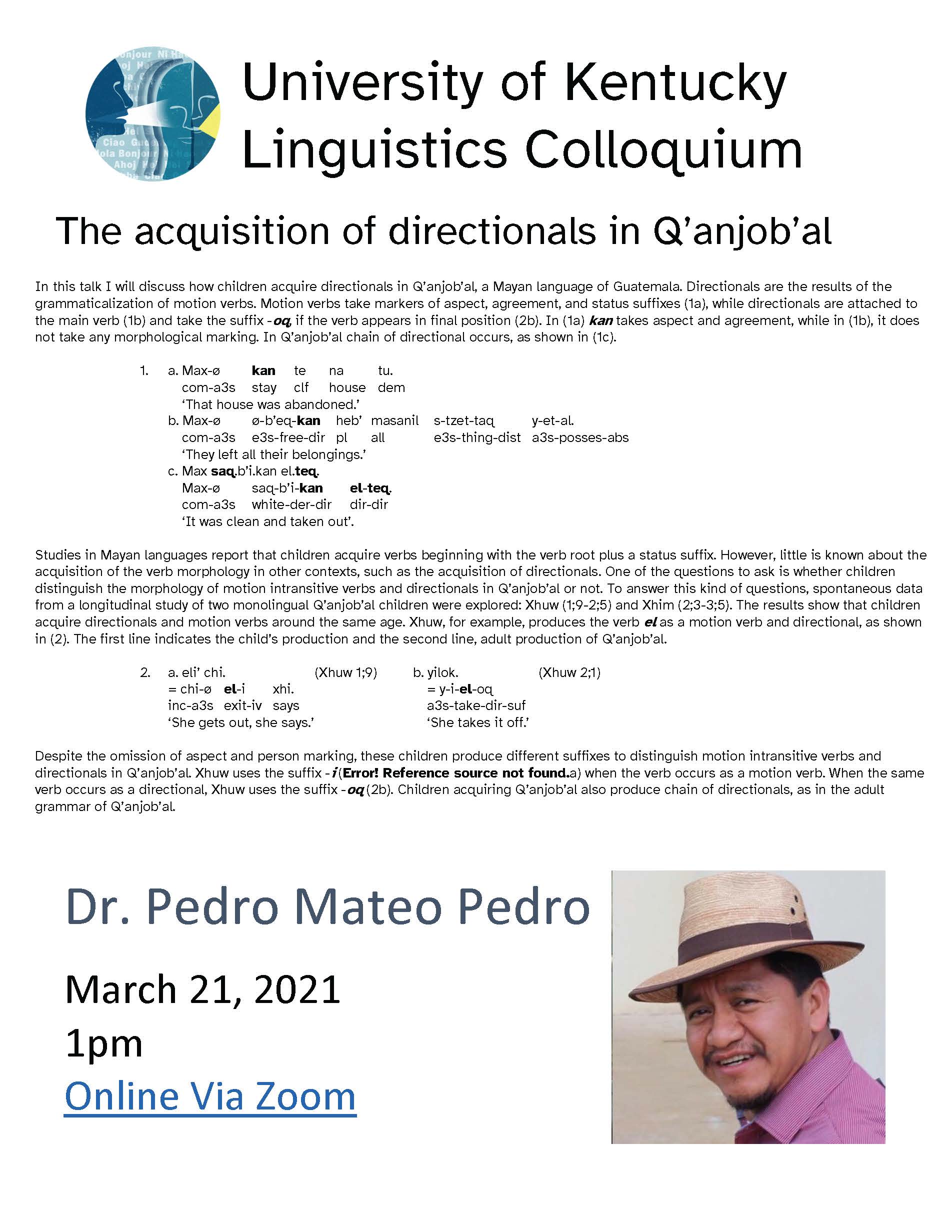Linguistics Seminar Series
Colloquium Speaker: Dr. Kelly Berkson
Dr. Kelly Berkson will give our first colloquium talk of the semester regarding the Chin Languages Research project. Join us on Friday, September 16 from 1 to 2 PM in the Cornerstone Esports Theater. The talk will be broadcast live in the venue with the availability of realtime interaction among guests and the speaker.
https://linguistics.indiana.edu/about/faculty/berkson-kelly.html
Abstract:
This talk provides an overview of the Chin Languages Research Project, a collaboration between speech scientists and members of Indiana’s large Burmese refugee community. Indianapolis, just an hour north of the IU Bloomington campus, is home to a community of more than 20,000 Burmese refugees. Many are originally from Chin State in western Myanmar and speak under- and un-documented Tibeto-Burman languages from the Kuki-Chin branch. Our best estimate is that upwards of 30 Kuki Chin languages are being spoken in Indianapolis. For the most widely spoken of these—Hakha Lai, also called Laiholh or Hakha Chin—syntactic and morphological work exists, but phonetic and phonological work is minimal. Other languages, such as Zophei and Lutuv, are completely undocumented: their names have been mentioned by previous scholars, but no prior linguistic work exists. Yet Zophei, spoken by 20,000 people worldwide (Eberhard, Simons, & Fennig 2019), is spoken by 4,000 people in Indiana, including more than a dozen students on the IU campus. Lutuv, with 15,000 speakers worldwide (Eberhard, Simons, & Fennig 2019), is spoken by perhaps 1,000 people in Indiana and several students on the IU campus.
Against this backdrop, at least two observations can be made: (1) IU linguists have an invaluable opportunity to engage in intensive fieldwork with many speakers of under-resourced languages just an hour’s drive from campus; (2) Chin community members regularly face communication challenges in both urgent and daily settings which speech scientists are uniquely positioned to help address. I describe how our team of IU speech scientists, student members of the Indianapolis Chin community, and community partners from churches, social organizations, and local businesses is working to engage in scholarship and address practical needs in tandem. I discuss several ongoing initiatives, including translation of Covid-19 information, documentation of traditional knowledge through in-language ethnographic interviews, development of Lutuv literacy materials, and an NSF-funded collaboration that seeks to develop health-related materials for linguistically underserved communities. I also touch on several of the typologically rare phenomena exhibited by Chin languages, in order to highlight the sheer volume of linguistic research that can be done right here on the ground in Indiana. Throughout, I highlight ways in which our undergraduate Chin students are the MVPs on our team—they are incorporated into the research process from the ground up, serving as a bridge between the university and the community and helping to determine new research and service directions.
Colloquium Speaker: Anissa Neal
Title: Speaker Identity and Syntactic Expectations
Abstract:
A lot of research has been devoted to understanding how speakers of multiple languages, multilinguals, use their knowledge of multiple languages to interpret language in context. But less is known about how speakers who know different varieties of a single language (‘dialects’) accomplish this. In this current project, the researchers investigate African American Language (AAL), a variety of English spoken primarily, but not exclusively, by African Americans. The current work plans to investigate how speakers of AAL understand sentences that use linguistic features that are present in AAL but not present in Mainstream American English (MAE), the ‘standard’ dialect spoken across the US. AAL and MAE overlap significantly, but there are specific grammatical constructions where the two diverge. This project investigates when and how AAL speakers use these variety-specific constructions in different contexts. Research into how AAL speakers use context to do this will shed light on how language processing proceeds in more naturalistic contexts, and will also shed light on the usage of a variety of English spoken by a significant portion of the US population.
Postponed: Colloquium Speaker: Dr. Kevin McGowan
https://linguistics.as.uky.edu/users/kbmc229
This event has been deferred to a later date. More information to come.
3rd Annual Linguistics Homecoming
Lecture: William T Young Library Auditorium, 5-6 PM
Reception: William T Young Library Alumni Gallery, 6-7 PM (RSVP Only)

Biography:
Kelly Elizabeth Wright (She/Her/Dr) is an experimental sociolinguist specializing in linguistic discrimination and its institutional outcomes. She identifies as a working class Black Biracial cis woman, an Afrolachian raised in Knoxville, Tennessee. Wright is a scholar-activist, working for linguistic justice outside the academy, and interdisciplinarity inside the academy. She has recently completed an interdisciplinary dissertation on perceptions of Black professionalism which introduces a new method of metalingusitic interviews to sociolinguistic fieldwork and investigates findings directly with sociophonetic experimentation. Her previous research features a machine learning study of lexical racialization in sports journalism and an audit study of linguistic profiling in the housing market. Wright is also an accomplished lexicographer and researcher of profanity.
Abstract:
Dr. Wright will reflect among her peers on key lessons learned during the University of Kentucky MA program in Linguistic Theory and Typology that shaped her research trajectory. Namely, she will highlight moments from Jennifer Cramer’s Research Methods, Kevin McGowan’s Sociophonetics, and Mark Lauersdorf’s Corpus Linguistics that not only shaped Wright into the researcher she is today, but also undergird the more inclusive and representative experimental best practices she advocates for across the discipline. Wright will lead the audience in consideration of what she has found to be the most challenging aspect of language science: the objectification of language data. This talk will end with an active, large group discussion on this central issue of linguistic inquiry and the ways in which we–as a community of experts–can balance approaching empirical validity on one end and radical acceptance on the other.
A recording of the lecture will be posted to this page after the event.
Colloquium Speaker: Dr. Erica Britt
Dr. Erica Britt, Associate Professor of English at the University of Michigan-Flint, will give the annual UK Department of Linguistics Martin Luther King Day talk.
This talk provides a description of the Vehicle City Voices (VCV) project, an oral history and linguistic survey of Flint, Michigan, and illustrates the role of the oral history interview as a critical site for the production of the individual and collective identities of Flint residents. Through this presentation we will explore the discursive tools that oral-history interview participants use to construct and contest mass-mediated representations of their community. In particular, given a media landscape that frequently circulates chronotopic representations (Bakhtin 1981; Agha 2007) that position Flint as a certain kind of city (i.e "apocalyptic" and in decline) populated by a certain type of person (i.e. dangerous and impoverished) at a certain moment in time (i.e. in its current deindustrializing/post-industrial period), the residents in this study respond by using reported speech and reported thought to challenge and revise these representations while at the same time amplifying the voices of those who are actively working to construct images of a dynamic, living city that transcends its negative reputation.
Interactions Across Hawaiian Valency Morphology
Verbal constructions take different numbers of arguments depending on their morpho-syntax context. For example, causative constructions increase the number of arguments, while passive constructions decrease the number of arguments. Nominalization can also affect argument structure in a number of ways. In this talk, I discuss Hawaiian, which expresses argument structure change via productive morphology, including causatives, nominalizers, and passives. I discuss interactions among these morphemes revealed by corpus analysis, and I argue that certain forms which are traditionally considered to be separate morphemes are instead allomorphs, the surface form of which is conditioned by morpho-syntactic context. I model these interactions within the 'syntax all the way down' approach of Distributed Morphology.
CANCELED: Colloquium Speaker
CANCELED: Middle Class AAE and the Language of Double Consciousness: A Personal Account
In collaboration with the College of Arts and Sciences Office of Inclusion and Internationalization.
In 1903, W.E.B. Du Bois famously articulated the experience of double consciousness as “this sense of always looking at one’s self through the eyes of others… two souls, two thoughts, two unreconciled strivings”. Over a century later, this experience still resonates with many African Americans, and perhaps especially many middle class African Americans, who find themselves having to navigate multiple, and sometimes conflicting, norms and identities, given their more central positioning along the socioeconomic and sociocultural spectrum of American society. In this paper, I offer an autoethnographic account of my experience as a middle class, middle-aged, African American female from the southern U.S., who is a native speaker of AAE and a linguist. Using recordings of myself in a variety of settings, I explore the range of features that I employ along the standard-vernacular continuum and provide an analytic perspective that is, at once, both inductive and deductive in its approach. I also offer a glimpse into a segment of the African American speech community that has been underrepresented in sociolinguistic research and make the case for why linguists must continue to extend definitions of the African American speech community beyond the working classes.


